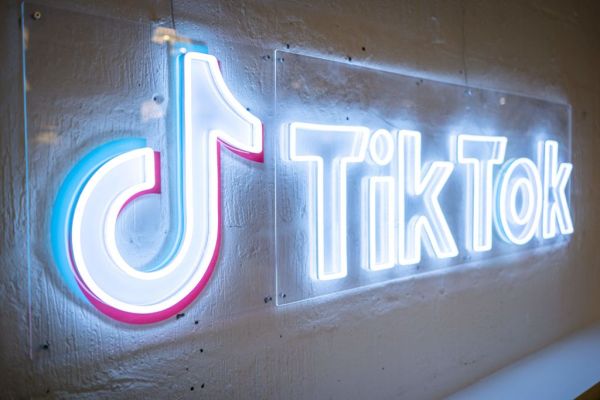A pair of former TikTok content reviewers is suing the company, alleging that it failed to adequately support them as they engaged in the deeply disturbing work of removing objectionable videos from the social network. NPR first reported the lawsuit, which was filed Thursday in federal court.
Plaintiffs Ashley Velez and Reece Young both did moderation work for TikTok on contract through third party companies — Canadian tech firm Telus International and a New York-based company called Atrium, respectively. Velez and Young are seeking class-action status, which would allow other TikTok content moderators alleging that they were negatively impacted by the companies practices to join the lawsuit.
The lawsuit alleges that TikTok and ByteDance violated California labor laws by failing to provide Velez and Young with adequate mental health support in spite of the mental risks of the “abnormally dangerous activities” they were made to engage with on a daily basis. It also claims that the companies pushed moderators to review high volumes of extreme content to hit quotas and then amplified that harm by forcing them to sign NDAs so they were legally unable to discuss what they saw.
“Defendants have failed to provide a safe workplace for the thousands of contractors who are the gatekeepers between the unfiltered, disgusting and offensive content uploaded to the App and the hundreds of millions of people who use the App every day,” the lawsuit states. It alleges that in spite of knowing the psychological risks of prolonged exposure to such traumatic content, TikTok and ByteDance made no effort to provide “appropriate ameliorative measures” to help workers cope with the extreme content after the fact.
The suit describes how both plaintiffs spent twelve hour workdays reviewing extreme, disturbing content including “child sexual abuse, rape, torture, bestiality, beheadings, suicide, and murder.” Beyond the graphic content, the lawsuit describes how Velez and Young were also repeatedly exposed to hate speech and conspiracy theories which also had a negative impact on their mental well being. Another TikTok content moderator, Candie Frazier, filed a similar suit in December, though NPR reports that case is no longer moving forward.
The new TikTok suit follows in the footsteps of a class action lawsuit that the same legal team brought against Facebook in 2018. The company settled that suit two years later with an agreement to pay $52 million out to more than 11,000 moderators who struggled with mental health as a result of the content they were tasked with sorting through on a daily basis.
